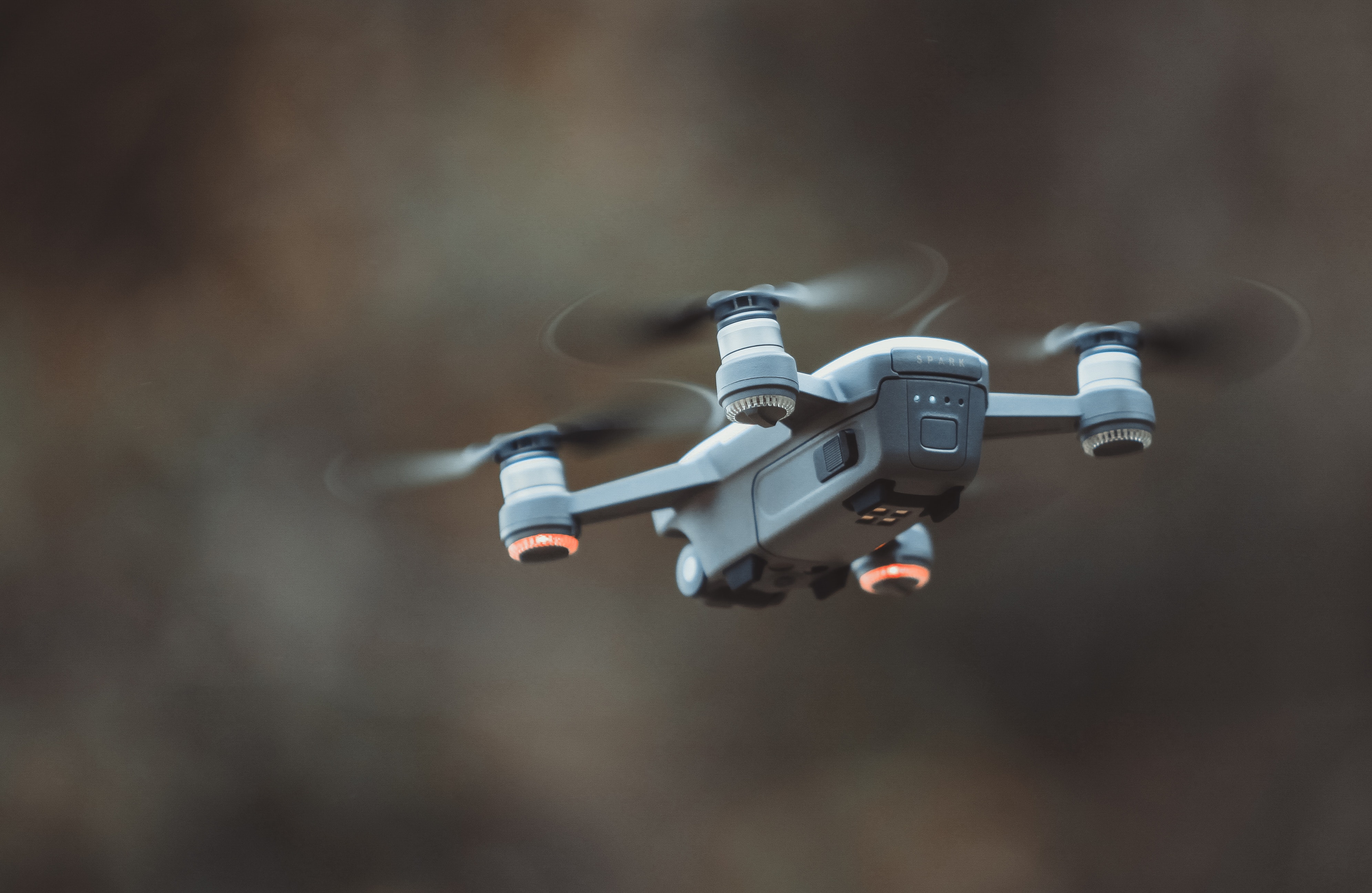In the tech wars – is convenience the real king?

We have become very used to how technology makes our lives easier. Siri and Alexa answer our questions and help us with minor tasks, smart home devices keep our homes safe and comfortable, and Amazon Prime makes it possible to get almost anything we want in next to no time. But when it comes to buying technology, is convenience really the most important factor?
Convenience
We may still have to drive our own cars (maybe not for much longer!) but the majority of technological developments have been aimed at making our lives easier. There are numerous think pieces discussing the role technology has played in making our lives easier. In his article on technology and convenience, John Occhipinti explains that one of the major fields of tech development is in “everyday problem solvers”. This includes things such as GPS, apps to help us find our keys or phones, and organizational software programs. Technology to make our lives easier has clearly become a part of our daily lives.
It is obvious that we care about having technology that makes our lives easier, but do we make tech purchasing decisions based on convenience as well? Of course, in some cases, this is true. If you’re at the airport and your headphones die, you’re going to purchase whatever option is available, even if it isn’t a brand you love or if it costs more than you’d like. In some cases, convenience wins because it’s just so much easier and we can all be a little lazy, especially when we’re stressed out. Yes, we could spend time looking for alternative places to make our online purchases and then wait the days or weeks for them to arrive, but Amazon is just the easiest choice for most online shopping. Same with software and apps – we will often settle for the default option because it doesn’t require any extra effort.
Quality
One of the other main concerns that drive people’s tech buying decisions is quality. High-quality tech items are less likely to need to be replaced early and often work better. The name-brand charging cable might cost a few dollars more than the super-cheap, unbranded one but it is also less likely to short out and fry whatever you’ve plugged into it. Whether or not quality matters more than convenience often depends on what the tech is being used for and how knowledgeable the purchaser is. Someone who loves computers and is building their own PC, for example, is going to care much more about which processor they install than someone who just needs a computer for email and watching videos.
If there is a specific aspect of a product that matters most to a consumer, getting that perfect is likely to matter far more than convenience, cost or brand. For example, photographers who rely on their phones as part of their photographic equipment are likely to be more interested in buying Samsung’s new phone with the world’s highest resolution camera than in whichever phone is easiest and quickest to get their hands on.
Brand loyalty
One other factor to consider in the tech wars is brand loyalty. This can be seen very clearly in the number of people who only use iPhones. Convenience might play a part in not wanting to learn a new operating system, but for many people, it’s more of an emotional choice than that. Studies have shown that brand loyalty is based more on emotion than any rational reason. Emotion is so important to brand loyalty that researchers have coined the term ‘emotional brand attachment’ to better explain the phenomenon.
This is true across technology in general, not just in terms of smartphones or other hardware. In the case of online casinos, for example, many people are loyal to a brand they recognize. Mrgreen has become a popular online casino in part because of the games it offers but also in part because it is a recognizable and trusted brand. Especially where money and personal data are concerned, people are more likely to turn again and again to a brand they trust.
Ultimately, in the tech wars, the deciding factor often depends on the product itself. In some cases, convenience really is king. In others, factors such as quality and brand loyalty matter the most and people are willing to pay more or wait longer to get their purchases in order to get the item that perfectly suits their needs. Developers should consider which market they want to appeal to and build their products accordingly.
(Devdiscourse's journalists were not involved in the production of this article. The facts and opinions appearing in the article do not reflect the views of Devdiscourse and Devdiscourse does not claim any responsibility for the same.)










